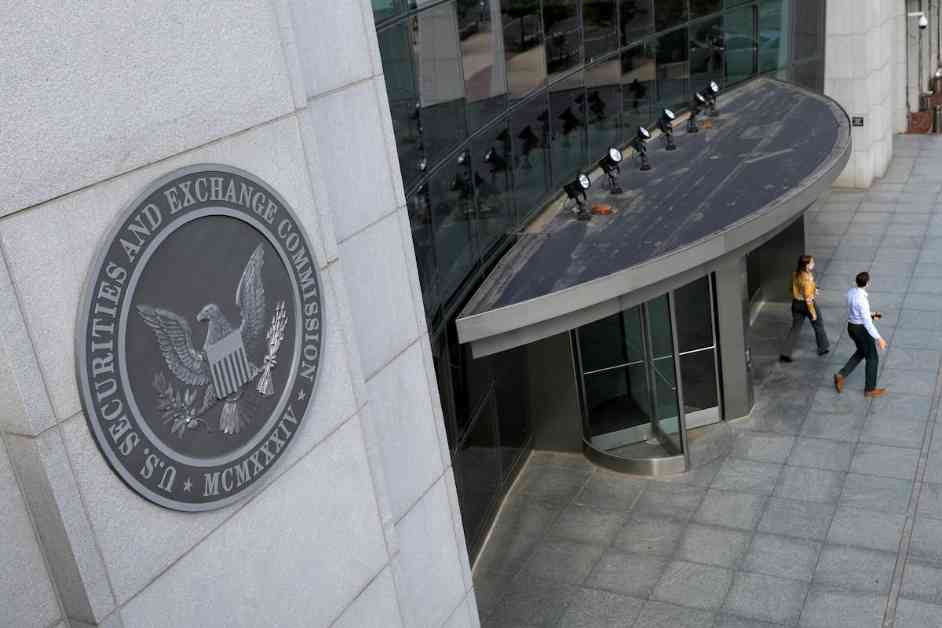The Supreme Court has made a legal blow to the way the U.S. Securities and Exchange Commission (SEC) combats fraud, in a case that could have far-reaching effects on other regulatory agencies. A ruling has determined that individuals accused of fraud by the regulator should have the right to have their cases heard by a jury in a federal court, rather than by the SEC’s internal administrative law judges, under the Seventh Amendment of the U.S. Constitution.
The judges rejected the Biden administration’s appeal against a lower court ruling that overturned the economic sanctions imposed on high-risk fund manager George R. Jarkesy by the SEC, which regulates the securities markets. «When the SEC seeks civil penalties against a securities fraud defendant, the Seventh Amendment entitles the defendant to a jury trial,» the judges’ decision states.
There are more than twenty U.S. regulatory and supervisory agencies that have similar administrative law procedures, so the ruling in the SEC’s case against Jarkesy calls into question the validity of those fraud enforcement and sanction mechanisms. «A defendant facing a fraud lawsuit has the right to be judged by a jury of their peers before a neutral arbitrator,» the ruling, signed by Chief Justice John Roberts, states. The opposite, it asserts, would allow for «concentration of the functions of prosecutor, judge, and jury in the hands of the Executive Branch» and is unconstitutional even if approved by Congress.
The decision was made by a six to three vote, with the support of the conservative majority justices and the rejection of the three progressive justices. The dissenting opinion was written by Justice Sonia Sotomayor: «This Court has held, without exception, that Congress has broad latitude to create legal obligations entitling the Government to civil penalties, and then assign their enforcement outside of the regular courts where there are no juries,» she notes.
«In granting defendants a jury trial, even one that the Constitution does not require, the majority may think it is protecting freedom. That belief, too, is deeply mistaken. The American people should not confuse judicial arrogance with the protection of individual rights,» she adds.
Fifty years ago, the Supreme Court ruled that internal procedures did not violate the constitutional right to a jury trial in civil lawsuits, but during oral arguments, Chief Justice John Roberts, a conservative, expressed concern about the power of federal regulators and emphasized that «the impact of government agencies on everyday life is now significantly more significant than it was 50 years ago.» «It seems problematic to say that the Government can deprive you of your property, your money, substantial sums in a court that, at least, is perceived as not impartial,» Justice Brett Kavanaugh said.
In 2022, the U.S. Fifth Circuit Court of Appeals, based in New Orleans, ruled in favor of Jarkesy and his investment advisors group Patriot28. It considered that the SEC’s case against him, which resulted in a $300,000 civil fine and the return of $680,000 in allegedly irregular profits, should have been heard in a federal court rather than by one of the regulator’s administrative law judges.
Jarkesy’s lawyers pointed out that the SEC wins nearly all cases brought before administrative law judges, but only around 60% of cases tried in federal courts. The Supreme Court upholds the Appeals Court’s decision and calls for it to be enforced. This is one of several cases in which judges are eroding the power of regulatory and supervisory agencies, which they consider to have excessive prerogatives.





